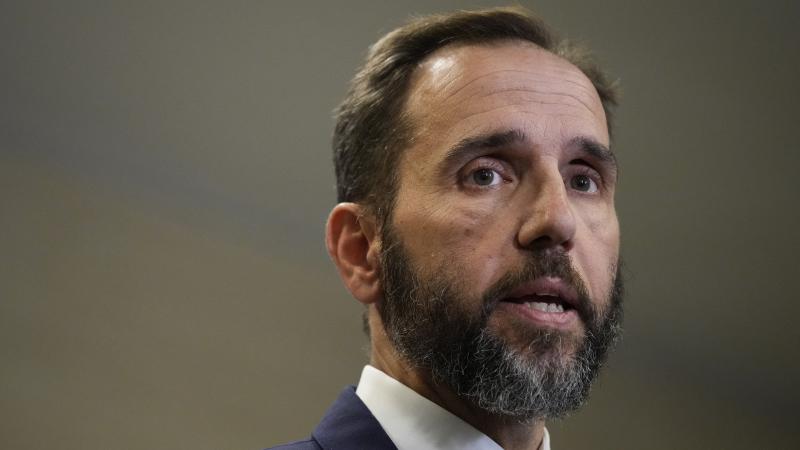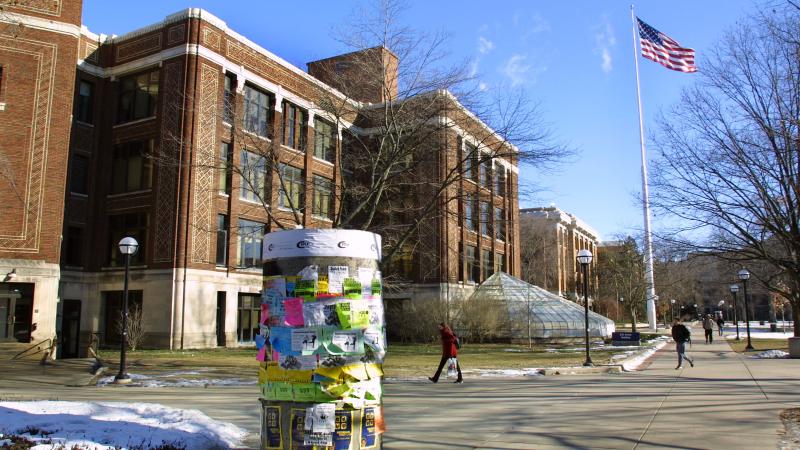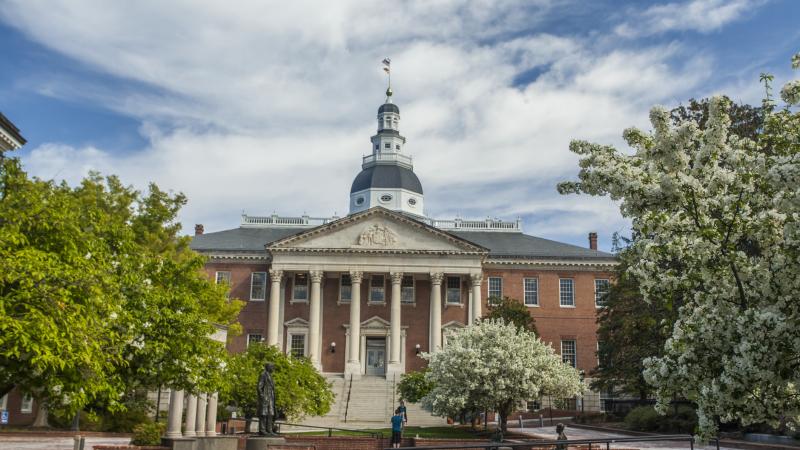Prosecutor says Biden bribery claim was credible enough for further investigation, but FBI resisted
Former U.S. Attorney Scott Brady told the House Judiciary Committee the FBI kept even the mere existence of the Hunter Biden laptop from his probe.
In bombshell testimony, the federal prosecutor who initially probed the Biden family’s dealings in Ukraine told Congress his team had corroborated enough of an FBI informant’s claim of an alleged bribery scheme involving Joe Biden to merit further investigation but he encountered unprecedented foot-dragging and “reluctance” inside both the FBI and the Delaware U.S. Attorney’s office that took over the case, Just the News has learned.
Former Pittsburgh U.S. Attorney Scott Brady revealed to the House Judiciary Committee that his team found enough credible evidence in its initial review of Hunter Biden’s dealings with the Ukrainian energy company Burisma Holdings and possible corruption by Joe Biden to refer criminal matters to three separate U.S. Attorney's offices in Brooklyn, Manhattan and Delaware for further investigation.
But almost immediately after he was assigned by the Justice Department in 2020 to review Biden family matters in Ukraine, Brady said he encountered resistance at both the FBI and the Delaware U.S. Attorney’s office that at times required him to escalate to his bosses in the deputy attorney general’s office.
“It was a challenging working relationship,” Brady said of the FBI in testimony earlier this week that was reviewed by Just the News. “I think there was reluctance on the part of the FBI to really do any tasking related to our assignment from DAG Rosen and looking into allegations of Ukrainian corruption broadly and then specifically anything that intersected with Hunter Biden and his role in Burisma. It was very challenging.”
Brady's testimony emerged the same day that Sen. Chuck Grassley revealed that the FBI had more than 40 informants providing evidence of possible criminality by the Biden family dating back years but that most leaders were shut down, particularly by the FBI’s Washington field office or its New York counter-intelligence office.
Brady was critical of the FBI, noting the bureau never told his office it had Hunter Biden's laptop and had corroborated its contents even as DOJ prosecutors investigated the Ukraine allegations.
"I would have thought that would be something, especially as has been publicly reported, there's information relating to Hunter Biden's activities on the board of Burisma in Ukraine, that might have been helpful in our assessment of the information that we were receiving about him. I would have expected that be shared," he said.
Brady said he encountered similar resistance and skepticism as he tried to hand off evidence and investigative leads to Delaware U.S. Attorney David Weiss and his deputy Lesley Wolf in fall 2020, corroborating similar testimony provided to the House Ways and Means Committee earlier this summer by IRS whistleblowers Gary Shapley and Joseph Ziegler.
“Speaking generally, from a process perspective, I think there was both a skepticism of the information that we were developing, that we had received, and skepticism and then weariness of that information,” Brady said of Weiss’ office. “I think they were very concerned about any information sharing with our office.
“It became problematic at different points, which required Mr. Weiss and me to get involved and level set, as it were, but it was regularly a challenge to interact with the investigative team from Delaware,” he added.
Brady said the resistance required him at multiple times to appeal to deputy attorney general’s office to get the FBI or Weiss’ office to take basic investigative steps he believed were necessary.
“Most of our interactions with the DAG's office was to facilitate communication with the FBI. We did, on occasion, have to involve the DAG's office to facilitate communication with Delaware as well,” he testified, adding that he had never before in his career required to take such action.
Brady confirmed one of the pieces of information he referred for further investigation to his colleagues in Delaware was an FD-1023 report from a FBI informant alleging Joe and Hunter Biden were the beneficiaries of a $10 million bribery scheme involving efforts to thwart Ukrainian prosecutors from prosecuting the Burisma energy firm for whom Hunter Biden worked. Grassley made the contents of that report public earlier this year and congressional Republicans have raised concerns Weiss’ office did not adequately investigate the allegations.
You can read the informant report here.
When asked whether the FBI considered the informant to be “highly credible” because he had provided earlier useful information dating to the Obama administration, Brady answered: “That’s consistent with my understanding.”
The prosecutor said his team reviewed open-source intelligence to corroborate certain aspects of the FBI informant’s claims, including that he traveled to locations as he had reported to his FBI handler.
“What we were able to identify, we found that it was consistent. And so we felt that there were sufficient indicia of credibility in this 1023 to pass it on to an office that had a predicated grand jury investigation,” he explained.
“We gave a substantive briefing with the information (to Weiss’ office), including the 1023 that we thought would be of interest to them or that they should investigate further, and made other recommendations about possible investigative avenues that we would recommend that they take,” he added.
Brady said he was struck throughout his work by the FBI’s reluctance to engage in the Hunter Biden probe and the unprecedented layers of approval that FBI headquarters imposed on the agents working for him in Pittsburgh. Brady said that "even 'simple' requests to the FBI and DOJ, like 'extending the assessment,' required a renewal every 30 days [...] it required 17 different people, including mostly at the headquarters level to sign off on it before the assessment could be extended."
He opined that Biden’s role as the Democratic nominee for president in the 2020 election likely played a role in the FBI’s behavior. “Certainly anything related to Ukraine and Ukrainian nationals that intersected with Hunter Biden and his role serving on the Burisma board was sensitive and certainly in 2020, months before an election cycle when different policies kick in for the Department and for the FBI,” he testified.
“And was it sensitive because Hunter Biden's father, Joe Biden, was running in the 2020 election?” a House investigator asked.
“Yes,” he answered.
Brady also directly contradicted claims by Rep. Jamie Raskin of Maryland, the top Democrat on the House Judiciary Committee, alleging that his office had not found the FD-1023 informant report credible and shut down that line of inquiry.
“My understanding of Mr. Raskin's public statements is that, based on the determination that I and my team found the allegations in the 1023 not credible or other information not credible, we did not escalate the assessment to a limited or full investigation,” Brady said. “That's not true.”
















